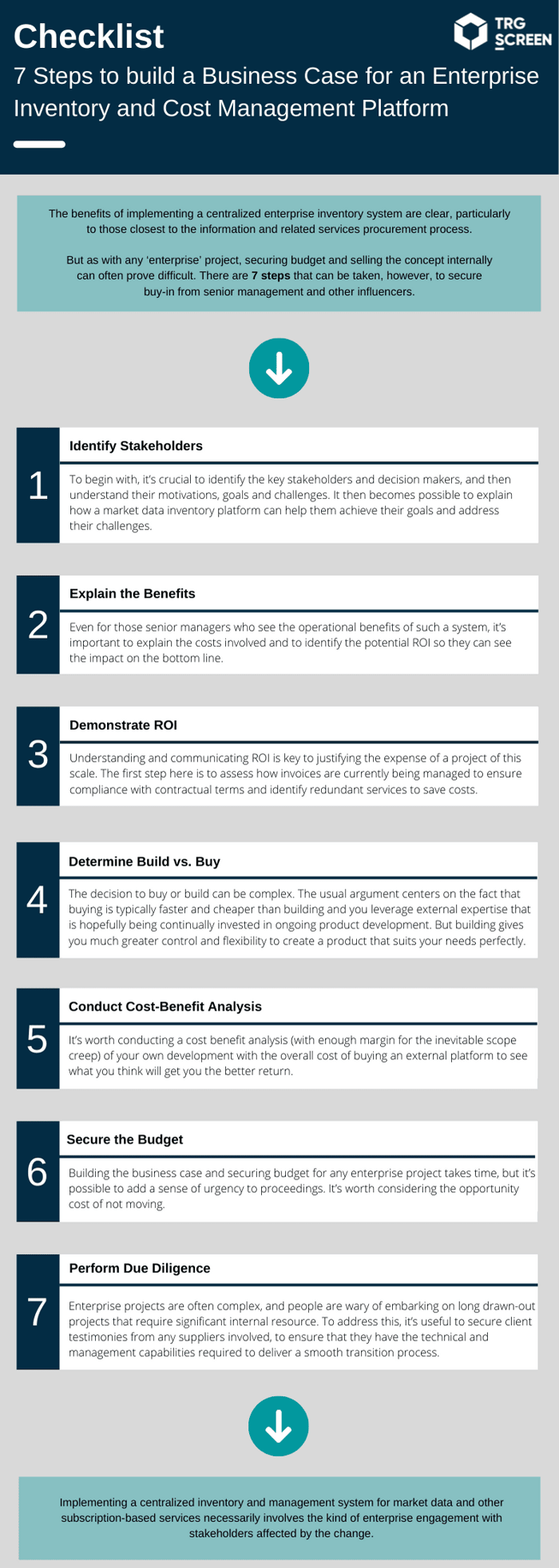How Automating the Process Can Help ✅
(back to top)
Automating the data service inventory process, allowing automatic uploads of inventory details and invoices, can yield benefits in a number of operational ways, and establish a reliable mechanism for handling all billing, ranging from the simple to the highly complex.
“Most obviously, automation streamlines the process. Automating clearly eliminates slow, expensive and error-prone manual processes.”
But it goes further than that. Once firms have implemented end-to-end order management, users are able to selfservice, yielding further operational cost reductions and other benefits 👩💻
At the same time, the invoice approval and accounts payable workflows can be added to the mix, again with associated operational benefits.
Finally, with a platform in place, administrators and procurement teams can survey consumers and users to identify and, if necessary, cancel under utilized or undervalued services.

The Benefits of a Central System for Enterprise Inventory and Cost Management
Adding centralized automation and workflow to the enterprise inventory management process, however, can offer other, bigger-picture benefits that allow firms to make a more proactive and strategic approach to managing their subscription services and suppliers.
These benefits relate to improvements in transparency and control that help get a clearer picture of ROI and address the needs of senior management for more information about the services consumed by the organization ✅
As is the case for all aspects of operational cost, management is under pressure to get an accurate, defensible view of expenditures on information and other third-party services.
A centralized, automated inventory system can offer complete cost visibility to business users and line managers, allowing them to see which services are being consumed and by whom.
Modern reporting, analysis and dashboarding capabilities can allow users and managers to quickly assess services consumption 👨💻
Automation can be used to generate scheduled reports to appropriate recipients, and supports distribution contract action notifications as and when they are need. It also prevents unwanted auto-renewals or expirations.
“From a control perspective, a centralized automated approach to inventory management helps in a number of ways.”
First, an automated system can introduce robust invoice reconciliation that can be used to identify billing errors and eliminate overpayments, a common problem for financial institutions trying to manage complex array of sometimes overlapping services.
Through automating the inventory and invoicing processes, firms are able to capture accurate real-world information about the services they are consuming.
This can be used to get a firm grip on even the most complex commercial arrangements and pricing structures.
Armed with this level of accuracy and granularity, managers can enter negotiations with more confidence in their own understanding of the situation and expect to maximize their purchasing power 😎
At the same time, they can ensure compliance with licensing agreements, ultimately yielding improved relations with suppliers.








